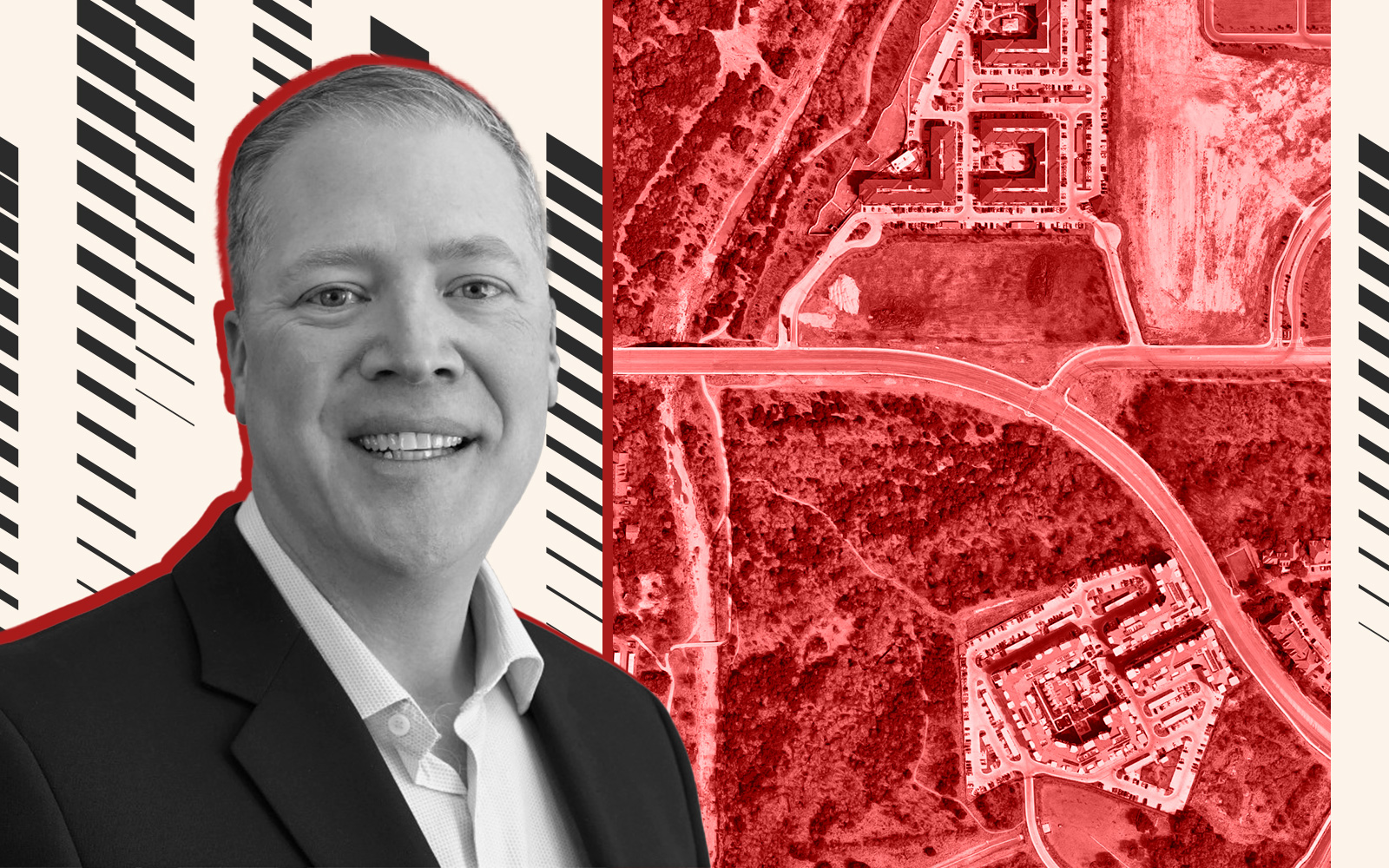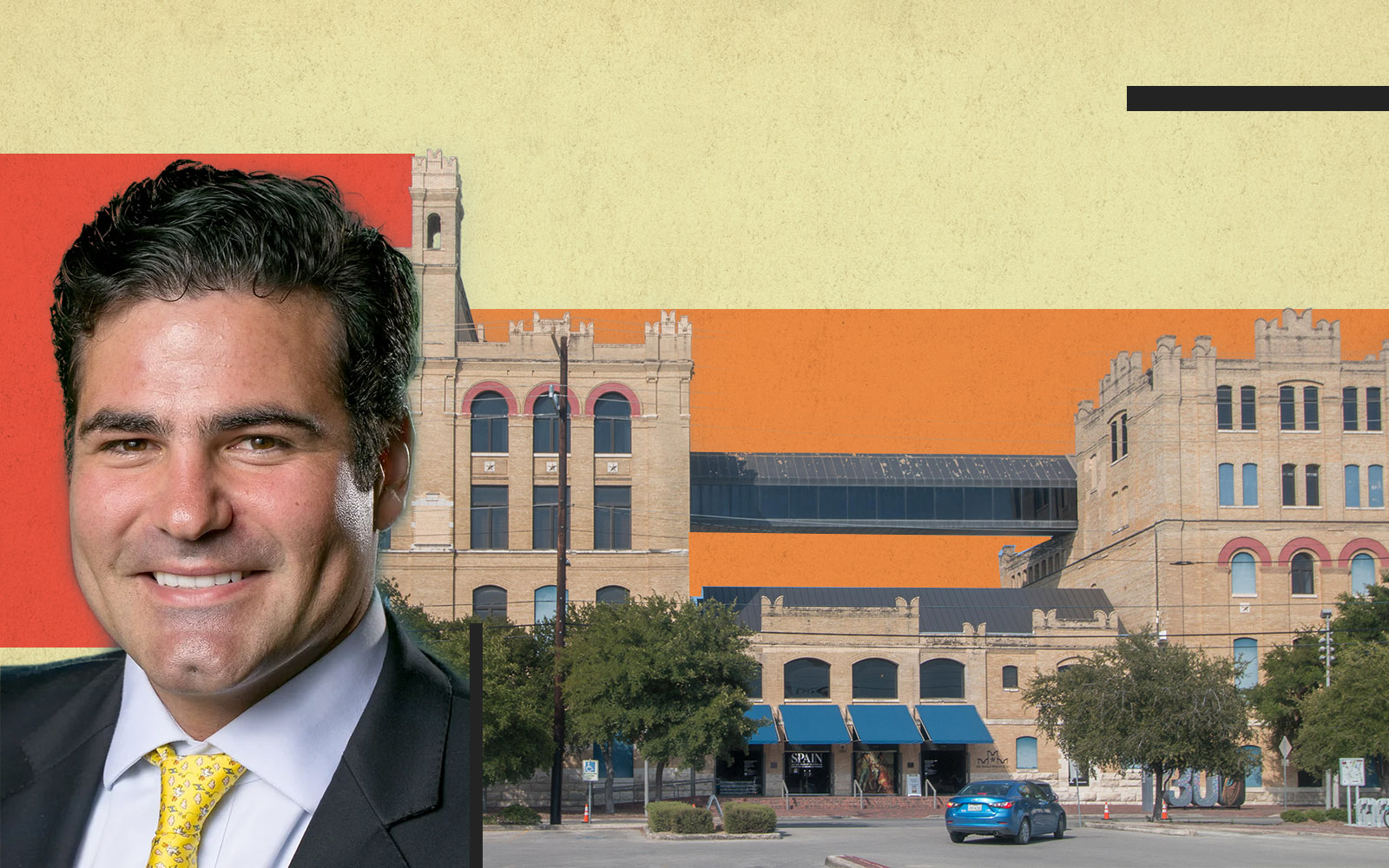A San Antonio neighborhood alliance has been working to strike a balance between progress, maintaining its identity and preventing residents from being priced out.
Government Hill, a working class neighborhood just south of Fort Sam Houston has undergone considerable change over the past five years as developers and new businesses look to invest in the area, the San Antonio Business Journal reported.
In 2018, local firm Gilley Properties International proposed an eight-unit townhome development, signaling the imminent growth to come. The Historic Design and Review Commission ultimately blocked that development after residents voiced their disapproval.
The contentious battle between Gilley Properties and neighbors motivated Rose Hill, the president of the Government Hill Alliance, to find a better way of working with developers before a project enters the approval process at the city level.
“We make sure that we have developers come to our meetings, address issues and concerns, bring their presentations or site plans to the community, and then we take a vote,” Rose told the outlet. “So we have a process that we’ve developed over the years, which we feel is very fair to everybody in our community, so nobody is left out, and all of their voices are heard.”
While the townhouse proposal was never seen through, a slew of new developments have since occurred. Milam Real Estate Capital broke ground on the Jefferson Bank building in 2020, Encore Enterprises is building a massive multifamily complex, and the Carpenter Carpenter Hospitality group opened a restaurant at a former Grayson Street residence this past fall, the outlet said.
Several residents said they welcome the change, and they’re already noticing significant improvements in the community. One mentioned that the neighborhood used to be unsafe, filled with crime, drugs and prostitution.
Owners of the Folklores Coffee House are pleased with their decision to start a business in the community, which has taken off since it opened in 2020.
Real estate investor Logan Fullmer, who in 2018 purchased a historic home in the area that had foreclosed and turned it into a two-story office building, commended the community leaders’ efforts to ensure locals can stay.
“I noticed that there’s a little bit more stability with the owners and occupants there relative to the East Side, like in Dignowity Hill or Denver Heights,” Fullmer told the outlet. “Folks have been able to stay in their houses, get their tax bills manageable and stick around. Whereas, you go into the East Side and those neighborhoods have turned over more.”
The growth has brought its fair share of good to the community, but there has been some fallout as well. One nail salon owner, who’s been in business since 1985, didn’t have her lease renewed by a new landlord.
Others cited the increased taxes and other expenses that typically come when an area sees rapid growth. In addition, an array of prospective buyers have been making offers to residents who have no desire to leave.
—Quinn Donoghue
Read more



